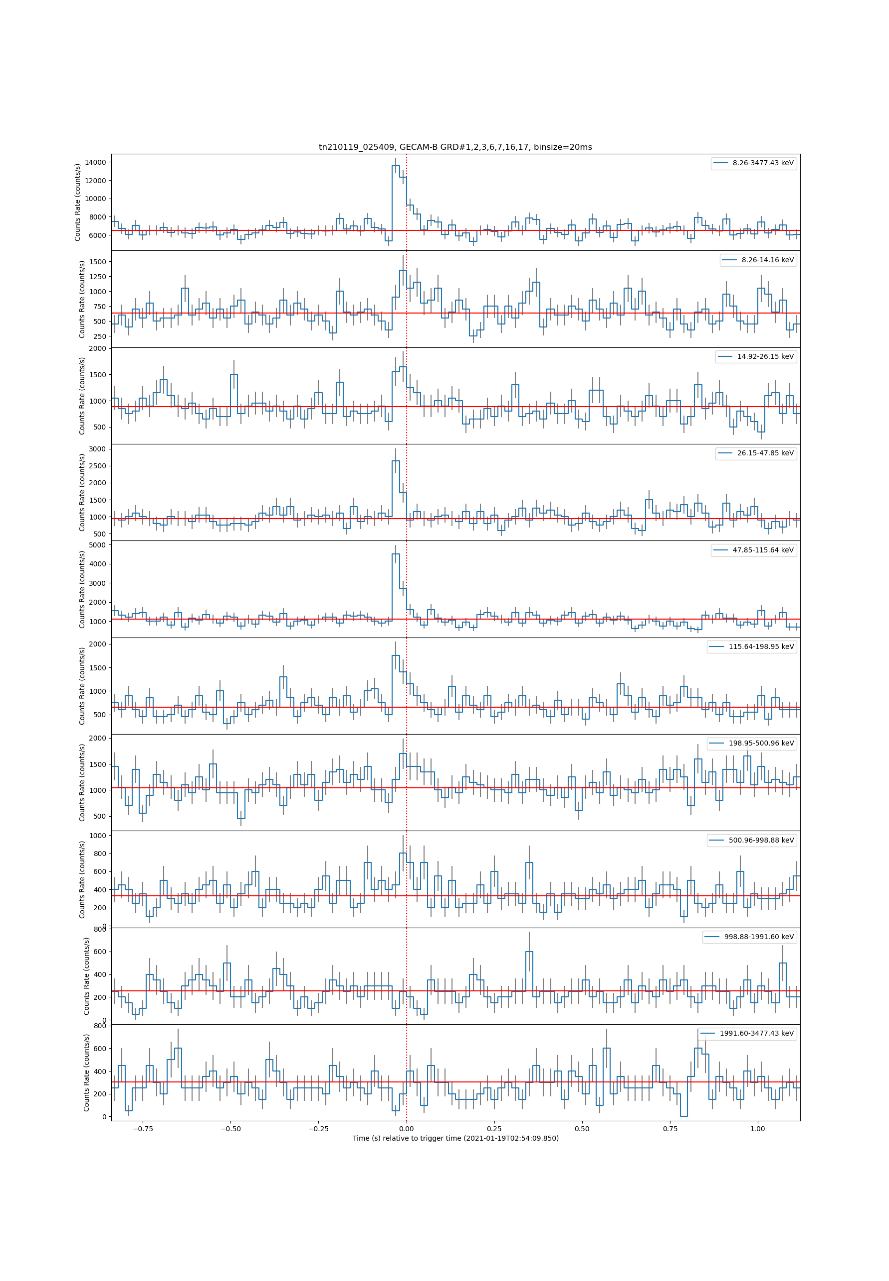All-sky Monitoring of Gravitational Wave Electromagnetic Counterparts: China Successfully Launches GECAM Satellites
China's Gravitational wave high energy Electromagnetic Counterpart All-sky Monitor (GECAM, also called Huairou-1) was launched Dec. 10 from the Xichang Satellite Launch Center, aboard the LM-11 solid-propellant launch vehicle. GECAM's two satellites are the country's first for monitoring gravitational wave electromagnetic counterparts.
Gravitational waves from the merger of two black holes were first detected on Sept. 14, 2015. This discovery ushered in the era of gravitational wave astronomy. Two years later, detection of a high energy signal from the electromagnetic counterpart of a gravitational wave provided a comprehensive understanding of gravitational waves. However, high energy radiation from gravitational wave events is fleeting and difficult to capture, making it important to monitor such wave events with high sensitivity in an all-sky field of view.
In March 2016, the Institute of High Energy Physics, Chinese Academy of Sciences, proposed the concept of the GECAM project, which consists of two microsatellites orbiting at an altitude of 600 km. The satellites will monitor high energy bursts with an all-sky field of view and high sensitivity.
GECAM is expected to discover the largest sample of gravitational wave gamma ray bursts of any previous international satellites. It will also explore the causes of fast radio bursts, discover a number of special gamma ray bursts and monitor the complete burst process of magnetars. The launch of GECAM will contribute to the study of the formation and evolution of compact objects such as black holes and neutron stars, as well as the mysteries of binary compact star mergers. In addition, GECAM will detect solar flares, terrestrial gamma ray flashes and terrestrial electron beams, as well as further investigate their physical mechanisms.

Artistic Work of GECAM (Image by IHEP)
Contact Information
Mr. GUO Lijun
ljguo@ihep.ac.cn

